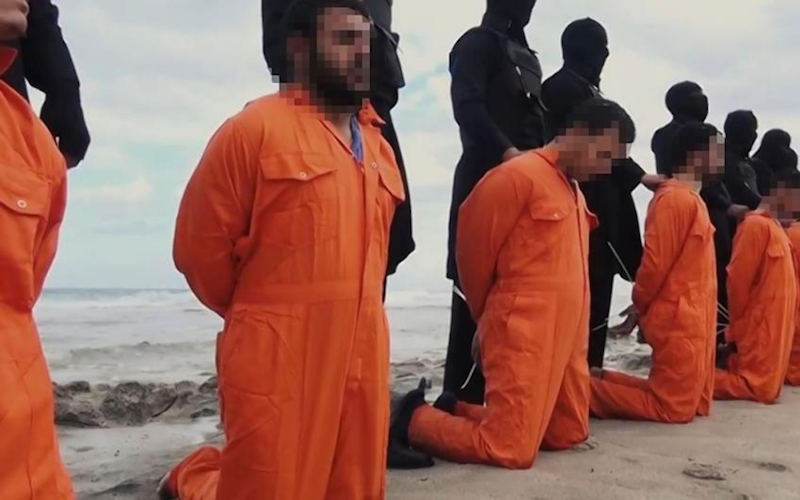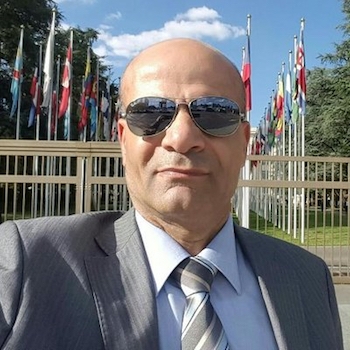
Libya: Time for International Intervention?
Libyans have just marked the fourth anniversary of their revolution, which led to the demise of Muammar Gaddafi’s forty-year rule. Some Libyans wish Gaddafi was still alive and in power. The recent beheading of 21 Egyptian Christians by Daesh which some say could have been prevented rightly overshadowed the celebration. Following the promises of the revolution, Libya descended into turmoil with warring militias contesting power. To prevent these groups from siding with Daesh, Libyan officials – supported initially by Egypt and Italy – have asked the UN to lift the 2011 arms embargo so they can equip themselves and act to avoid “rampant terrorism.” The International community is concerned that lifting the embargo will lead to Somalia like atmosphere during the 1990s which could be exploited by Daesh. Some say international intervention is now necessary.
The internal struggle for power has displaced hundreds of thousands, wounded tens of thousands and claimed the lives of thousands. Four years ago, Libyans lived in isolation on a huge and diversified area of 1.7 million square kilometers. Today many are displaced living as refugees while many others are prisoners under siege. Libya has become a haven for many thousands of extremists and terrorists who threaten not only Libya’s security and stability but also the region. Four years ago, the international community agreed to remove the Gaddafi regime under the pretext of alleviating human suffering.
Two years ago Libyan authorities were cautioned that if they could not find a solution to the expansion of weapons and armed groups, their inaction would facilitate a civil war and the international community would not rescue them.
Nation states will not risk deploying troops in the current environment of weapons, terrorism and insurgency. However, if nations believe that there is a direct threat to their national interests and to the safety of their citizens, international intervention might occur. Thus far there are no indications that suggest the possibility of such an intervention.
In the past three years, Syria has experienced a devastating war and human suffering and there are no formal international boots of the ground despite the displacement of millions of Syrians, and more than 200,000 killed. History will judge international inaction: shame on them! What constitutes sufficient cause for intervention? We have seen international stakeholders hurrying to support the warring parties with money, weapons and training, which increases the ferocity of the war and the loss of lives. What has to occur before the world intervenes? Are not terrorism, murder, and destruction enough?
The growing strength of extremist groups, their control over large areas of the country, their linkage to al-Qaeda and Daesh and the transmission of arms and fighters across the Libyan borders represent a threat to the region. Illegal immigration through Libya to Europe poses further threats and challenges to the security of neighboring countries.
During the past two years, the international community has watched the Libyans march towards collapse and appear to have gambled that they will wake up and pull back from the abyss. The beheading of 21 Egyptian Christians surely now represents a strategic inflection point and thus justifies intervention for humanitarian reasons. If nothing happens, will it be Daesh with a nuclear weapon that finally gets the international community frightened enough to intervene? Shame on us! Time to act!

